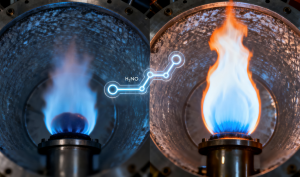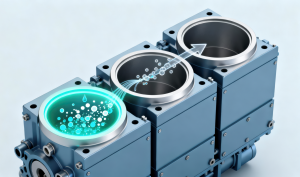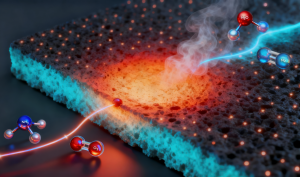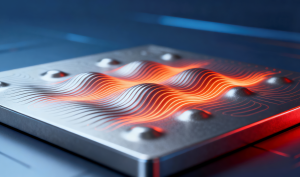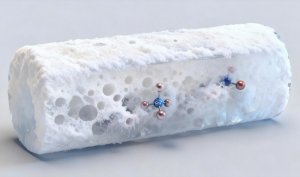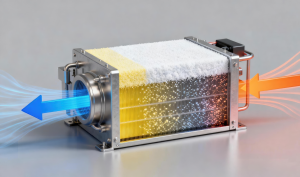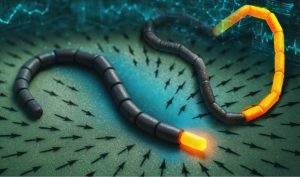RESEARCH FEATURES
Keeping the (ammonia) flame alive
The chemistry of ammonia under pressure shows that even a small dose of hydrogen can turn a fickle flame into a steadier source of clean power.
Fuelling the future of sustainable shipping
A new engine concept turns ammonia into its own source of hydrogen, charting new waters for cleaner, more efficient shipping without the need to store hydrogen onboard.
Making ammonia burn cleanly at industrial heat
A single-atom platinum catalyst lights ammonia at 200 °C and keeps it burning steadily at 1,100 °C with low NOx, generating high-grade, carbon-free heat for steel, cement and chemicals.
Powering a shared energy future
New modelling shows that linking ASEAN’s power grids could accelerate the region’s path to net zero, cutting costs and easing the burden of a just energy transition.
Riding the heat wave
A new nanoscale design channels hybrid light–vibration waves to carry heat more efficiently, allowing better thermal management in compact, energy-hungry electronics.
Balancing the charge towards clean mobility
A coordinated control approach keeps electric vehicles, solar power and the grid in perfect harmony, enabling stable, battery-free ultra-fast charging that makes the most of the sun.
A new current of change
At the NUS Energy Solutions Hub, researchers and partners are pooling expertise across disciplines to reimagine from the ground up how tropical cities can stay cool, connected and carbon-conscious.
Building safer batteries
Associate Professor Palani Balaya develops sodium- and lithium-ion battery technologies, raising their performance and safety for an increasingly electrified world.
Ice mixed with amino acids stores methane in minutes
A reusable, biodegradable ice material captures methane rapidly, paving the way for safer and cleaner storage of natural gas and biomethane.
A smarter way to stay cool
A new heat exchanger design combines condensation and desiccant processes to manage humidity more efficiently, reducing energy use without sacrificing comfort.
Injecting intelligence into tomorrow’s electrified world
From wind farms and ports to electric buses and charging hubs, Professor Dipti Srinivasan is designing optimisation frameworks that make renewable energy systems smarter, fairer and more efficient.
The AI swimming academy for miniature robots
In an era defined by rapid technological change, forward-looking research and strategic talent development are key to maintaining Singapore’s global leadership in semiconductor innovation.



